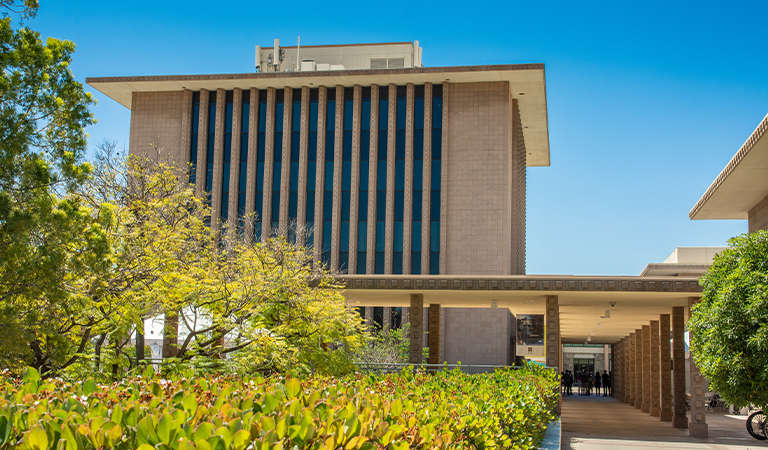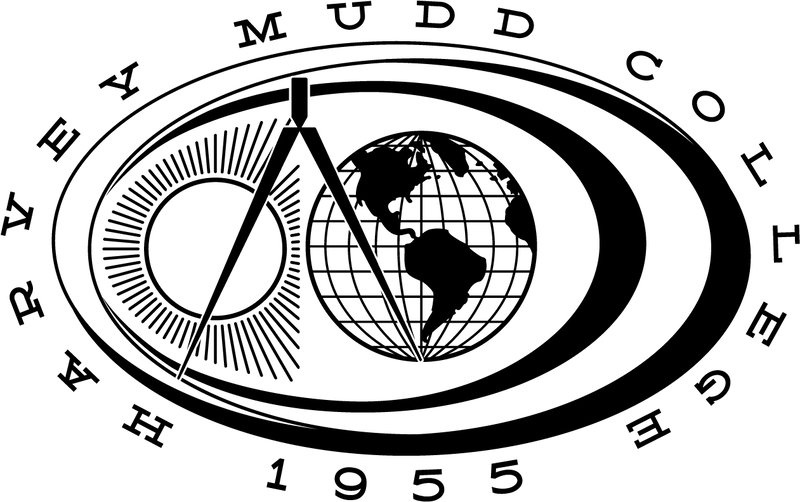Pioneering STEM: Harvey University in California

Campus Culture and Student Life
Vibrant Campus Life
Harvey Mudd College boasts a dynamic and engaging campus life characterized by a variety of traditions, student organizations, and a deeply collaborative atmosphere. These aspects not only enrich the student experience but also foster a sense of belonging and community among the student body.
- Traditions: Harvey Mudd hosts several unique traditions that have become integral to its culture, such as the annual “Mudd Week” which features creative and spirited competitions between classes.
- Student Organizations: Over 50 student-run clubs and organizations cater to a wide range of interests, including robotics, music, environmental sustainability, and more, allowing students to pursue passions outside of their rigorous academic schedules.
- Collaborative Atmosphere: The college emphasizes collaboration over competition. Students are often seen working together in groups, whether it’s for class projects, research, or during the renowned Clinic Program, fostering an environment where knowledge and skills are shared freely.
Residential Life
Residential life at Harvey Mudd is designed to enhance educational experiences by building a close-knit community. Students live in dorms that are more than just living spaces; they are vibrant communities where learning continues beyond the classroom.
- Role in Community Building: Residential halls at Harvey Mudd are known for their strong community spirit and supportive environment. They host various social and educational activities that encourage interactions among students from different backgrounds and disciplines.
- House System: The college’s house system—a hallmark of the student experience—helps create a small-community feel within the larger campus, fostering lifelong friendships and collaborations.
Diversity and Inclusion Initiatives
Recognizing the importance of diversity in STEM fields, Harvey Mudd College actively pursues initiatives to increase inclusivity within its community.
- Programs and Policies: Harvey Mudd has implemented programs aimed at supporting underrepresented groups in STEM, including scholarships, mentorships, and community-specific networks.
- Importance in STEM: These diversity and inclusion efforts are crucial for broadening perspectives in STEM disciplines, leading to more innovative, inclusive, and socially conscious research and technology solutions.
Notable Achievements and Alumni
Notable Achievements
Harvey Mudd College and its faculty have been recognized with numerous awards and accolades, reflecting the institution’s excellence in STEM education and research.
- Faculty Achievements: Many faculty members are recipients of prestigious awards such as the NSF CAREER Award and have contributed groundbreaking research in their fields.
- Institutional Recognitions: Harvey Mudd is consistently ranked among the top engineering colleges in the United States and is celebrated for its high return on investment for graduates.
Profiles of Successful Alumni
Harvey Mudd alumni are known for their significant contributions to technology, science, and engineering.
- Successful Alumni: Examples include award-winning astrophysicist and a pioneer in digital technology development, among others who have founded successful tech companies, advanced scientific research, and developed innovative engineering solutions.
Commitment to Social Responsibility and Community Engagement
Harvey Mudd College places a strong emphasis on ethical considerations in STEM and actively encourages its students to engage in sustainable practices and community service.
- Ethical STEM Education: Courses often include components that consider the ethical implications of scientific work and technology.
- Community Service: Students are encouraged to participate in various service programs that apply their STEM skills to societal benefits, such as developing software for non-profits or engaging in local and international engineering projects that aim to improve living conditions.
Challenges and Future Outlook
Challenges
Despite its many strengths, Harvey Mudd faces challenges that are critical to its future success.
- Maintaining Diversity: While efforts have been made, continuing to improve diversity among students and faculty remains a challenge.
- Managing Rigor: The high demands of its academic programs can place significant stress on students, necessitating continued support and resources to help them manage their workload effectively.
Future Initiatives
Looking forward, Harvey Mudd College is poised for further growth and innovation.
- New Academic Programs and Facilities: Plans for expanding academic offerings and upgrading facilities are in place to ensure that Harvey Mudd continues to lead in STEM education.
- Expanding Research Opportunities: Increasing opportunities for undergraduate research is a priority, providing students with even more avenues to contribute to cutting-edge discoveries.

- Choosing the Right College for Your History Degree
- Best Engineering Schools in California
- Psychology Majors: Choosing the Right College in California
- Faith and Learning at Bethel Seminary San Diego
- Antioch College Santa Barbara
- The Antioch College Approach to Progressive Education
- California State University, Northridge Cost of Tuition
- California Institute of Integral Studies Acceptance Rate
- Ivy League Schools in California
- UC Berkeley Housing Overview
- Good Jobs for College Students
- Difference between College and University
- How Long is a College Semester
- What to Know as a First Generation College Student
- Best Finance Schools in California
- What is College Board Big Future
- California Student Aid Commission
- Best Community Colleges in California
- What is Rolling Admission
- Scholarship Interview Questions

Leave a Reply